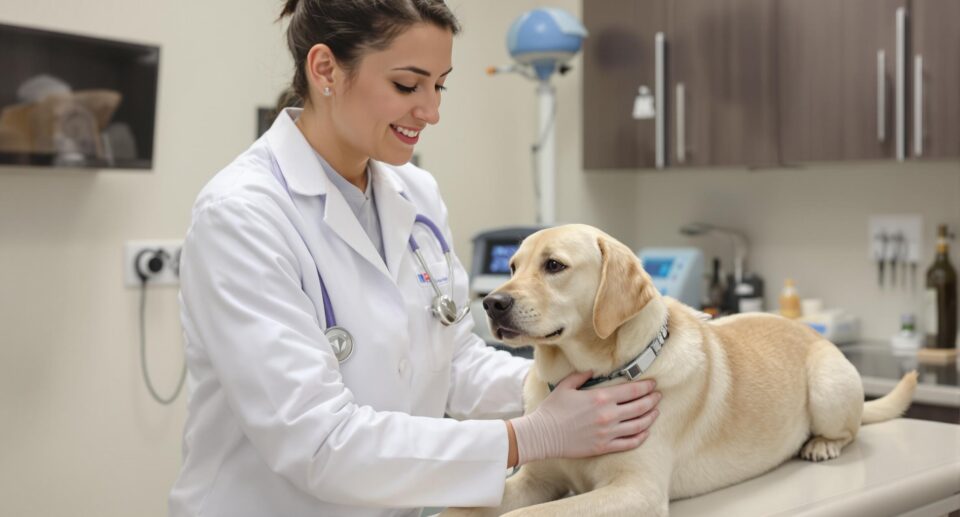Inflammatory Bowel Disease Treatment for Dogs

Treating inflammatory bowel disease in dogs and cats
The treatment options for pets with suspected inflammatory bowel disease will vary depending upon whether vomiting or diarrhea is present. Many veterinarians will worm pets prophylactally with broad spectrum wormers such as Panacur C in order to treat potential hidden parasites such as whipworms in dogs, and Giardia in both dogs and cats. Antibiotic trials with drugs like Metronidazole and Tylosin are also commonly tried for 2-3 weeks to see if there is any improvement in clinical signs. The gold standard of treatment for pets with a definitive diagnosis of inflammatory bowel disease is oral Prednisone or Prednisolone. Pets are typically treated in a gradually reducing dose over a period of months. Some pets can be slowly tapered off medication, while others need an every other day low dose in order to control clinical symptoms. Occasionally more potent immune suppressive drugs such as Aziothioprine, Cyclosporine Modified or Chlorambucil are needed.
Does dietary therapy play a role in inflammatory bowel disease?
Dietary trials with novel protein sources such as rabbit, venison, duck and buffalo are often tried during the beginning of treatment, as many pets have been found to have a dietary component to their symptoms. Some pets will also do well on hydrolyzed protein diets, which are available mainly through veterinary prescription. Many holistic pet owners have found that proper home made diets can also produce wonderful results in their animal companions. If this is not possible, pet owners can feed already prepared raw meat diets such as Instinct or Primal, or minimally processed foods.
What type of follow-up will my dog or cat need?
It is important that pets on chronic medical therapy have periodic veterinary rechecks with blood and/or urine testing to monitor for side effects. Prognosis for inflammatory bowel disease is usually good for successful long-term palliative management, however disease cure is only occasionally seen.





